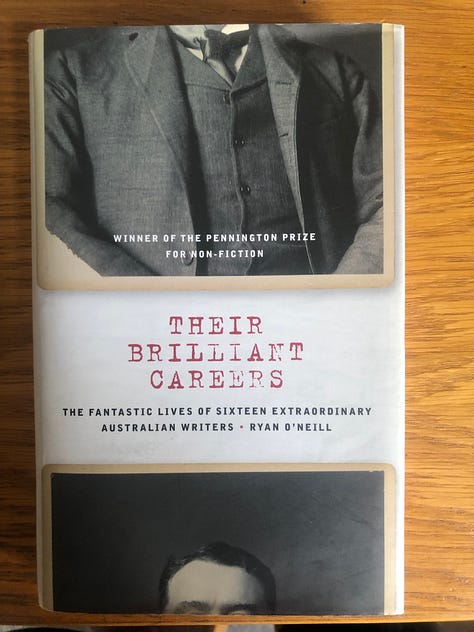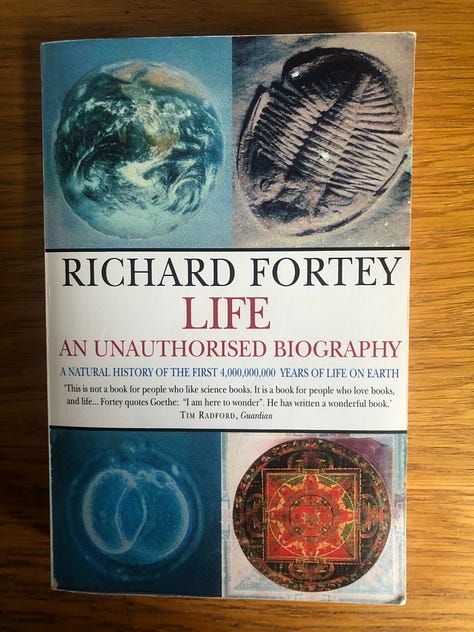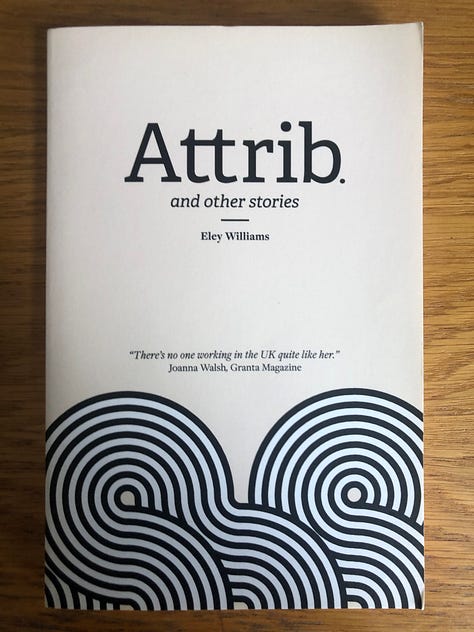Books, eh? Books books books.
The thought was prompted by this article in The Guardian, around which there was an enormous amount of Online Discourse earlier in the week. It’s not my intention to continue that discourse. Everything that needed to be said – and really quite a lot that didn’t – was said as the outrage grew and spread. A lot of it, as so often, seemed to be based on the headline, which, provocatively enough, included the words ‘smug’ and ‘middle-class’ – always a neat way to generate faux outrage from, well, the smug and middle-class (guilty on both counts, before you start, and yes, also privileged not only to have the means to buy books but also the space to store them). They have now changed the wording, no doubt in response to the outrage they intended to provoke by putting those words in there in the first place.
*sigh*
books in house ÷ time left in life = nope.
Much as I tire of such discussions, this one did get me thinking about the books in our house. There are, I fear, books here that will never be read. It’s the maths: books in house ÷ time left in life = nope.
Enthusiastically though I have added to the tally, a lot of these books belonged to my parents, and each of them (with some noble exceptions, two of which you will see below) has been through a cycle of neglect familiar to any such book.
It was read once, if it was lucky. Then it sat on a shelf for years, gathering dust and that particular old book smell – mmm, mmm, I’m getting grass and vanilla and is that a hint of mouldy grapefruit? – produced by the chemistry of decaying paper.
Then it moved house, because its owner moved house. Shelf to box then shelf again. It might, if it’s part of a very select group, spend more time in the box than it ever did on a shelf.
And so it goes on. Those books – the overambitious 387-page Booker-longlisted one; the slim, thoroughly depressing one about London domestic life in the 1960s (“precise, finely wrought” – TLS); the biography of Max Reger – will never be read. They will be pushed out by newer, shinier, sexier books. And yet they will stay on the shelf, because perhaps, one day…
It might, if it’s part of a very select group, spend more time in the box than it ever did on a shelf.
The logic of adherence to the ‘one in, one out’ policy is admirable. But so, too – at least to those who are immune to clutter – is the ‘books do furnish a room’ philosophy. As always, it comes down to the preference of the individual. I, for my part, am too feckless and lazy to go through the palaver of taking boxes of books to the charity shop. So there they sit, hundreds of them. I’m not proud of it, but nor am I ashamed. It’s just the way things are.
Anyway, here are six books. Not The Best Six Books I’ve Ever Read or Six Great Books You Must Read Before Lunchtime or even Six Books That If You Haven’t Read Them You Are Barely Worth Talking To. Just six books. I picked them more or less randomly off my shelves, the only criteria for selection being:
– must be within tiptoe reach
– must have been read by me
– must have been enjoyed by me






You can find out more about them, and buy them if you wish, here.
And do feel free to add your own six nearly-randomly-selected books in the comments.
Thanks for consuming. If you’ve enjoyed it, do tell a friend.




Nearest to hand:
- Winters in the World, Eleanor Parker, fantastic walk through the Anglo-Saxon year. Meant to start over Christmas because medieval winters are so rich, but dived into Kristin below, so it’s next.
- Kristin Lavransdatter, by Norwegian author, Sigrid Undset. Was put onto this by extremely strong recommendation of the translator I follow (I’m an ed./translator). I wish I’d gone a bit more slowly: saw its great length as a challenge not as source of lovely long slow acquaintance. Really makes me think. A life, right thro every stage from headstrong late adolesc to marriage, right thru marriage over years (strongest portrait of a marriage I’ve ever come across), to her later life, right to the end. Most novels turn away, this just gets deeper. Extraordinary. She won the Nobel prize for it. Apparently it used to be very well known, esp in the US. The prof**nd word.
- Becky Chambers, Record of a Spaceborn Few
- Alan Garner, Treacle Walker, was waiting for the paperback.
- Iris Murdoch, A Severed Head. Child says have to read Iris Murdoch again
Read, enjoyed, and physically proximate:
1. Emergency, Daisy Hildyard. Borderline fiction/essay, with an environmental slant.
2. King Solomon's Rings, Konrad Lorenz. Classic ethology.
3. The Books of Jacob, Olga Tokarczuk. Contains myriads.
4. blues in schwarz-weiß, May Ayim. Recent, accessible, politically engaged poems.
5. Dante's Divine Comedy tr. Alasdair Gray, without the boring bits.
6. Seven Empty Houses, Samantha Schweblin. Disconcerting absurdist stories..